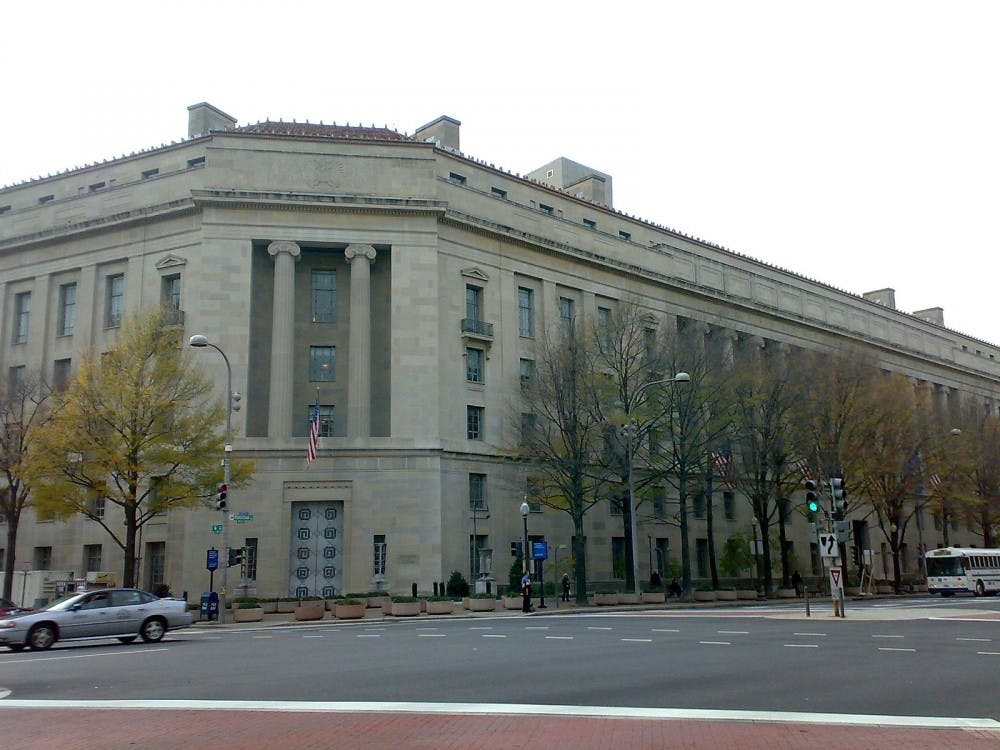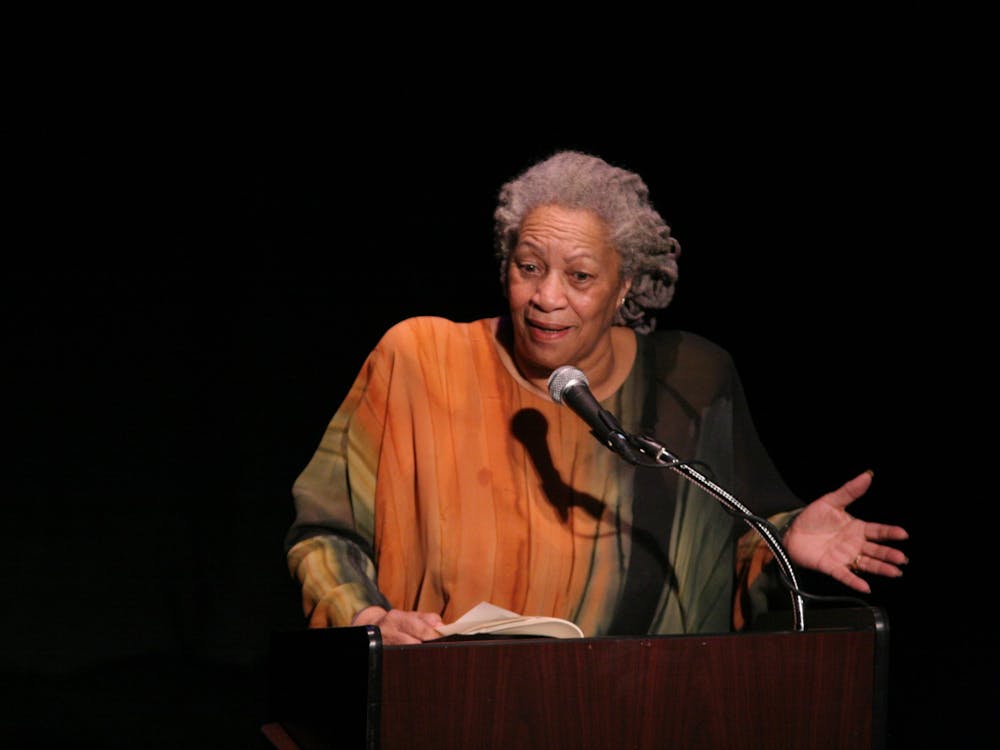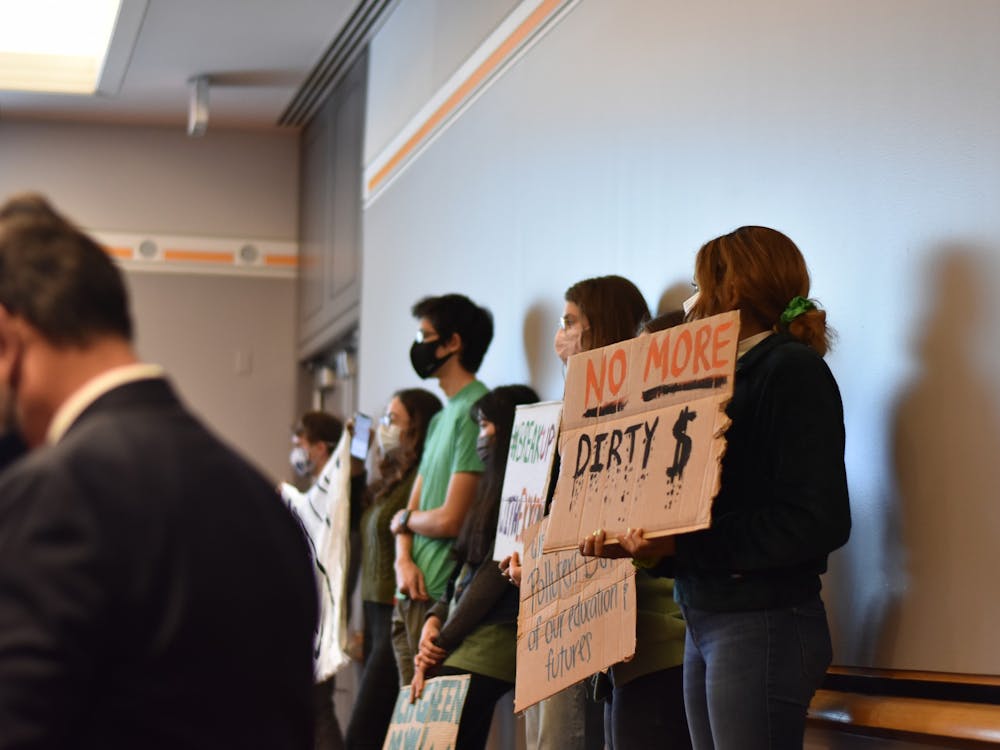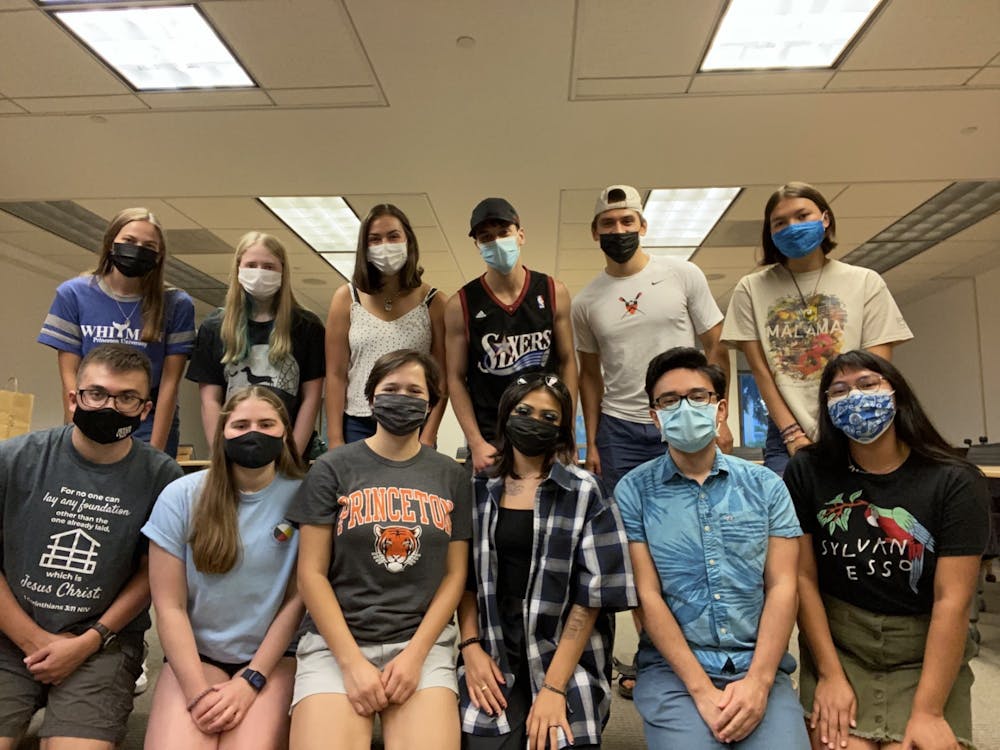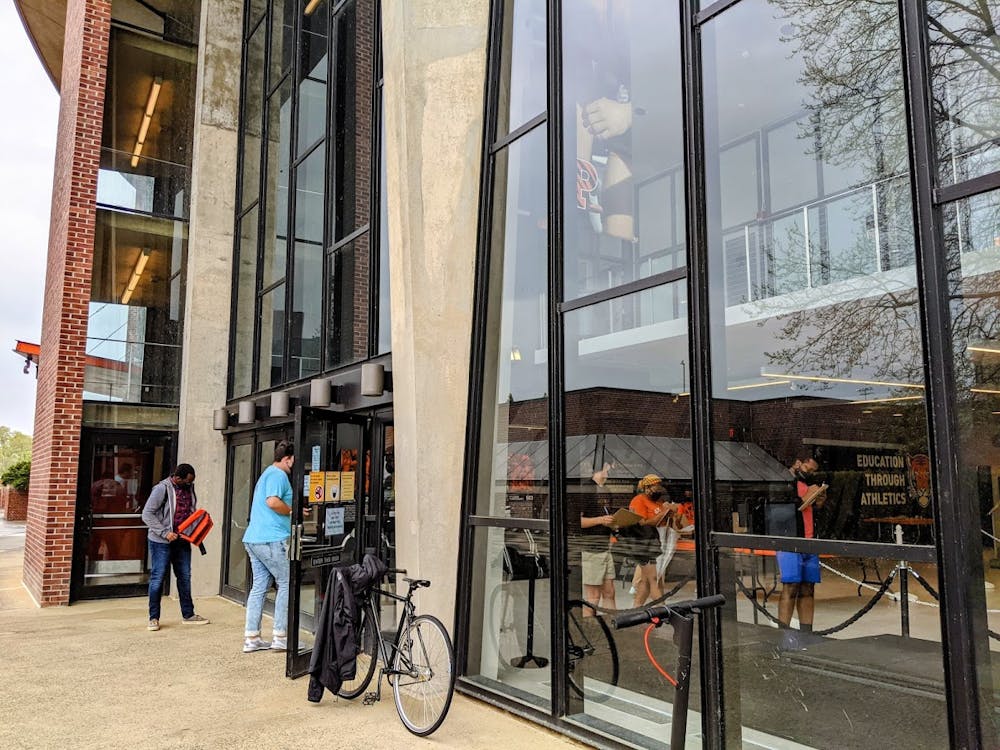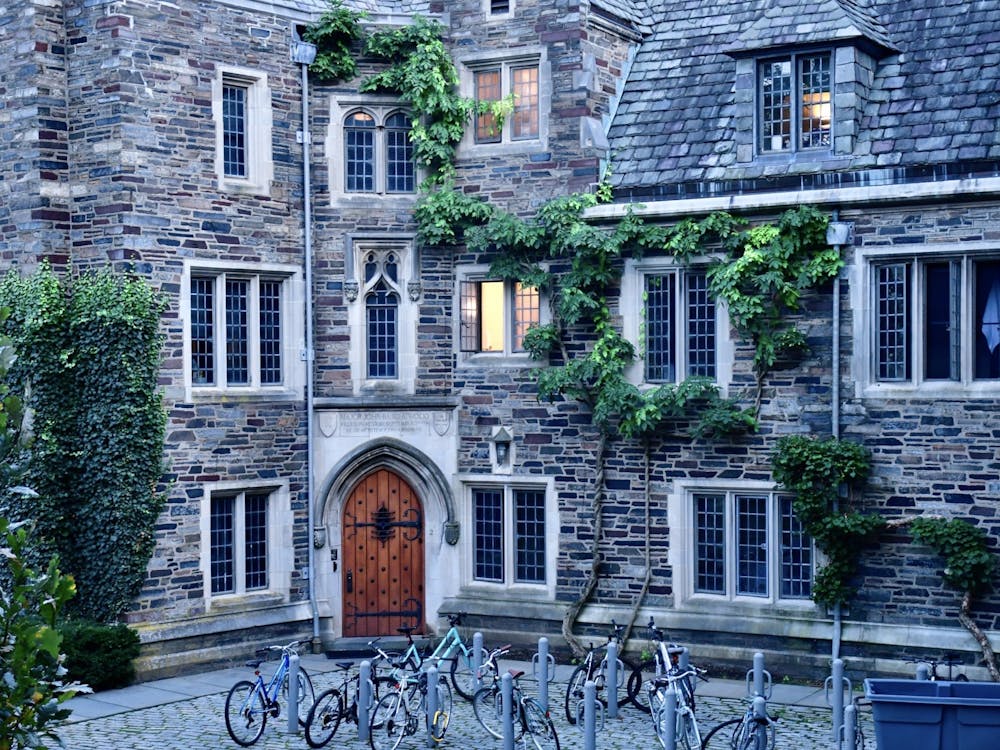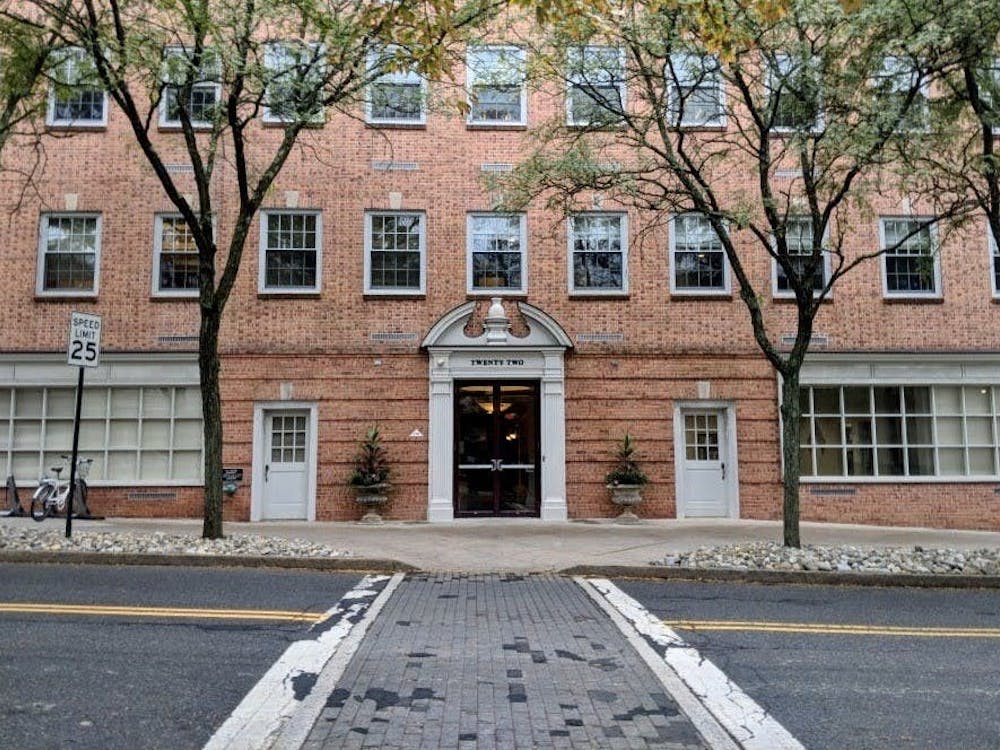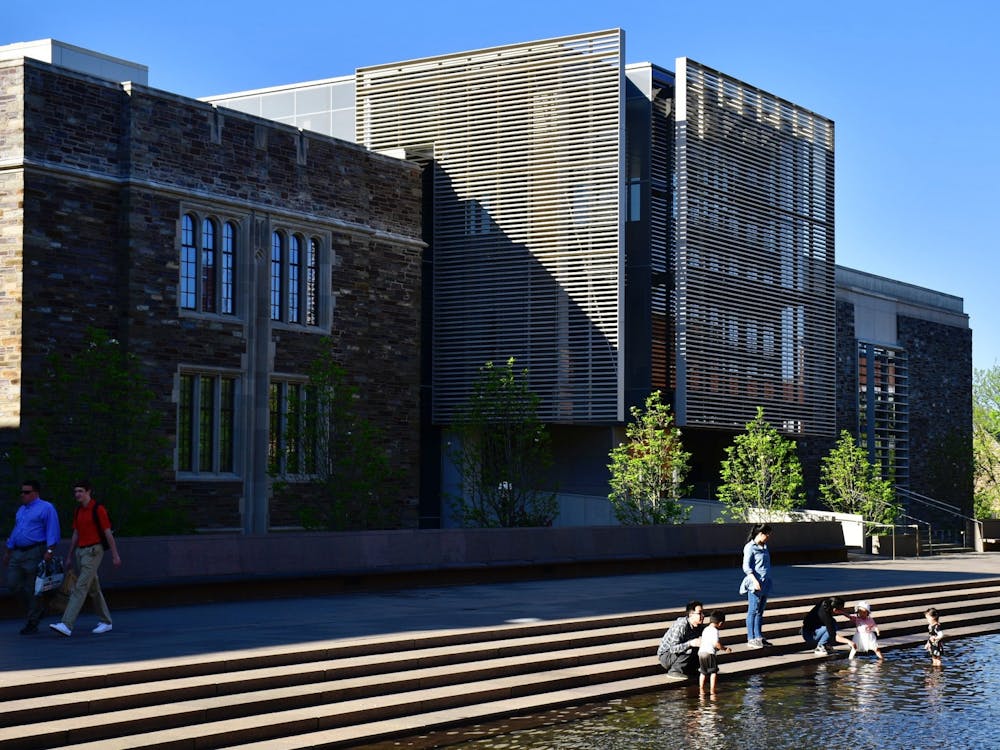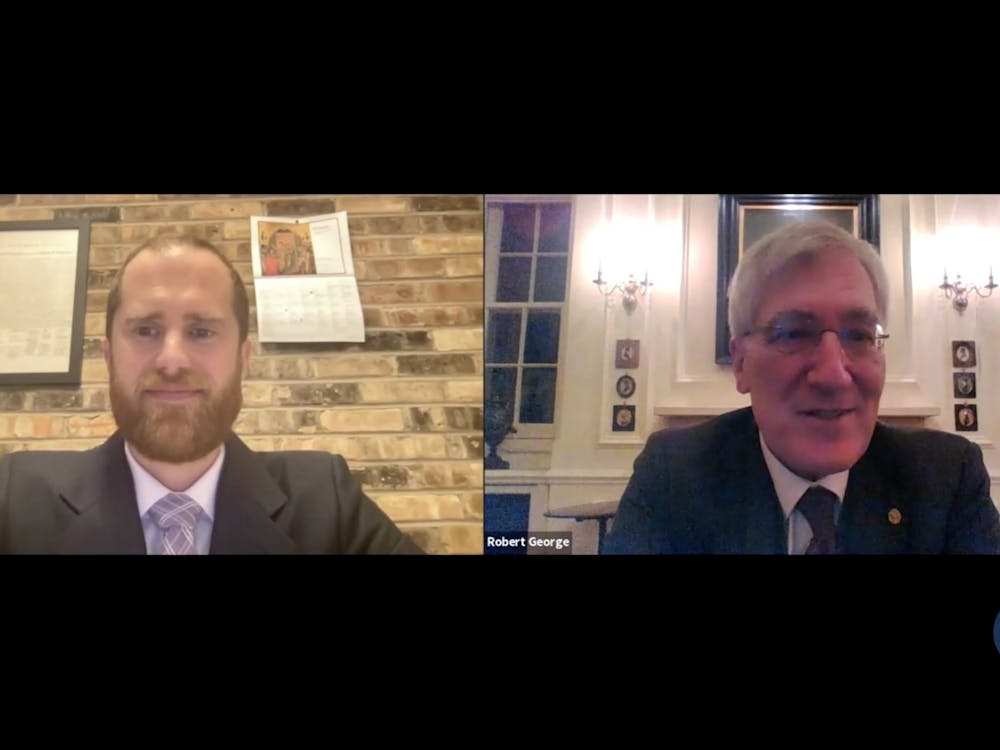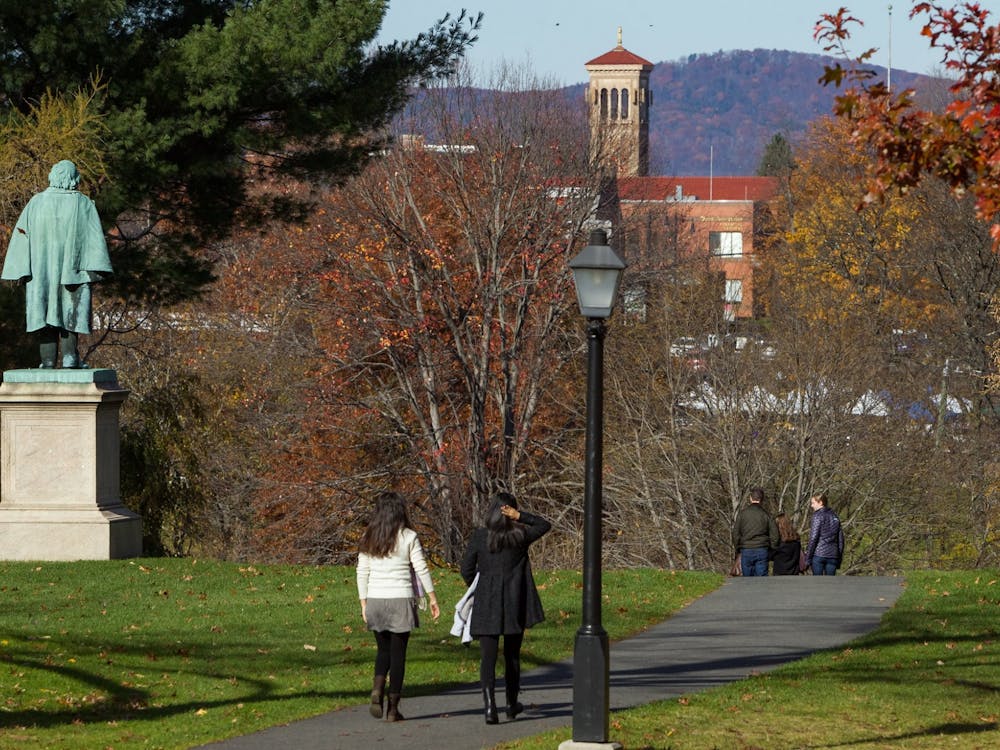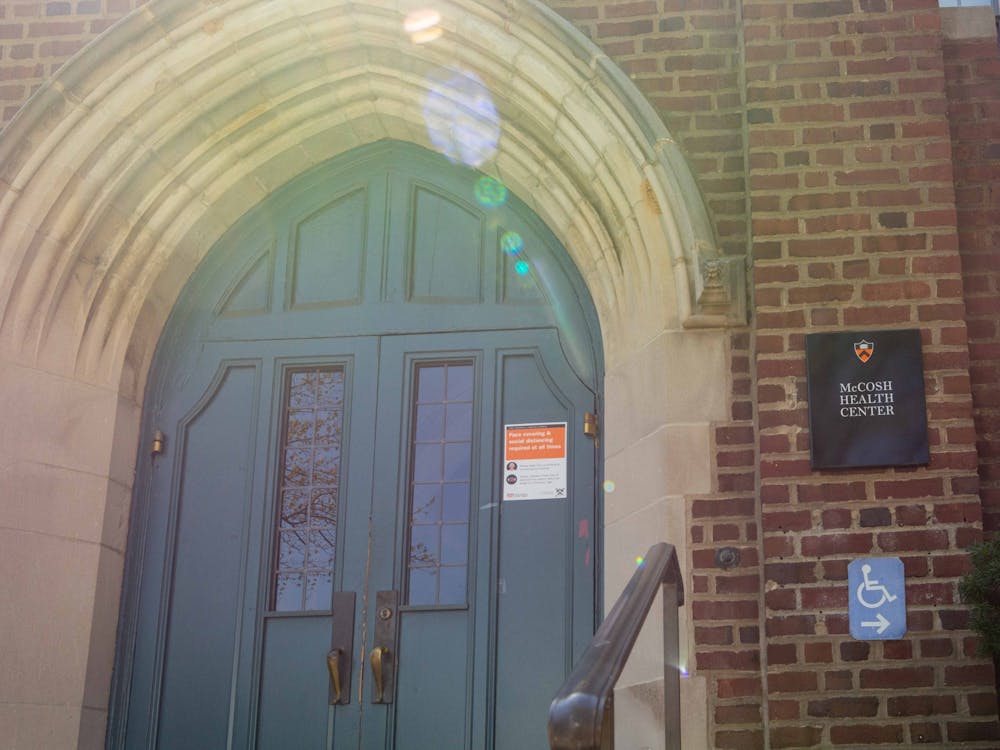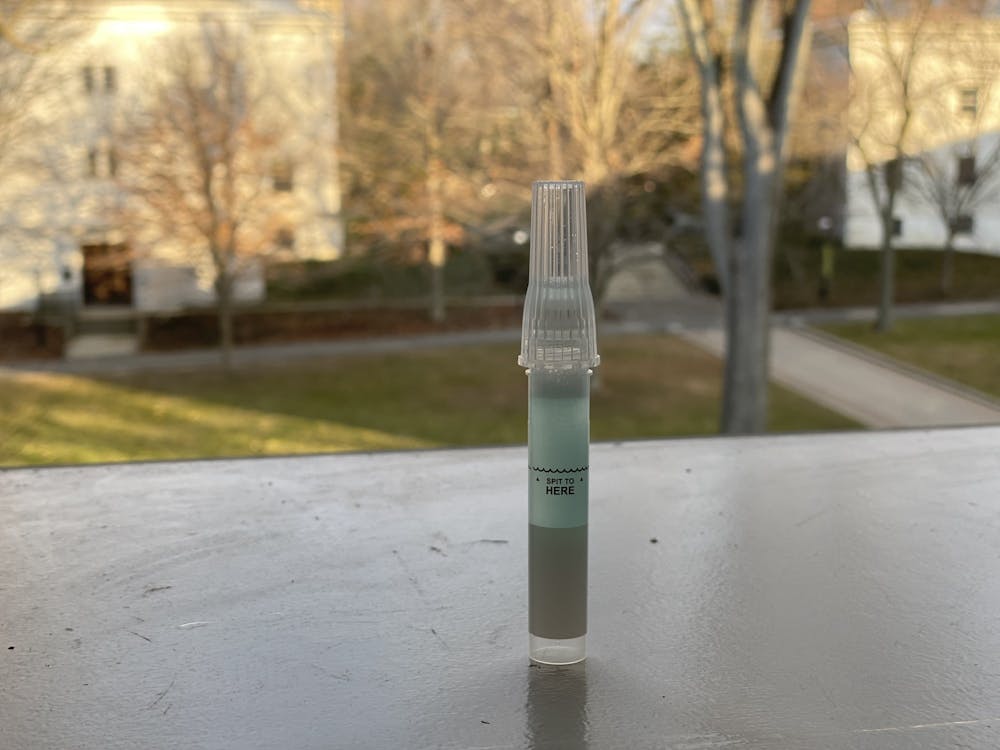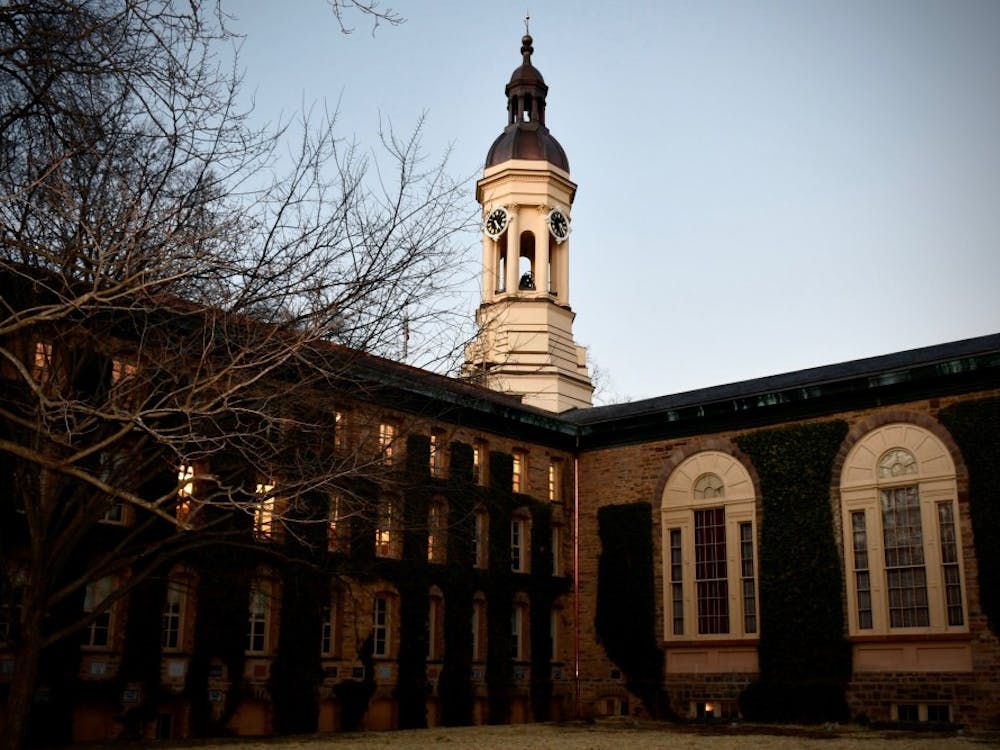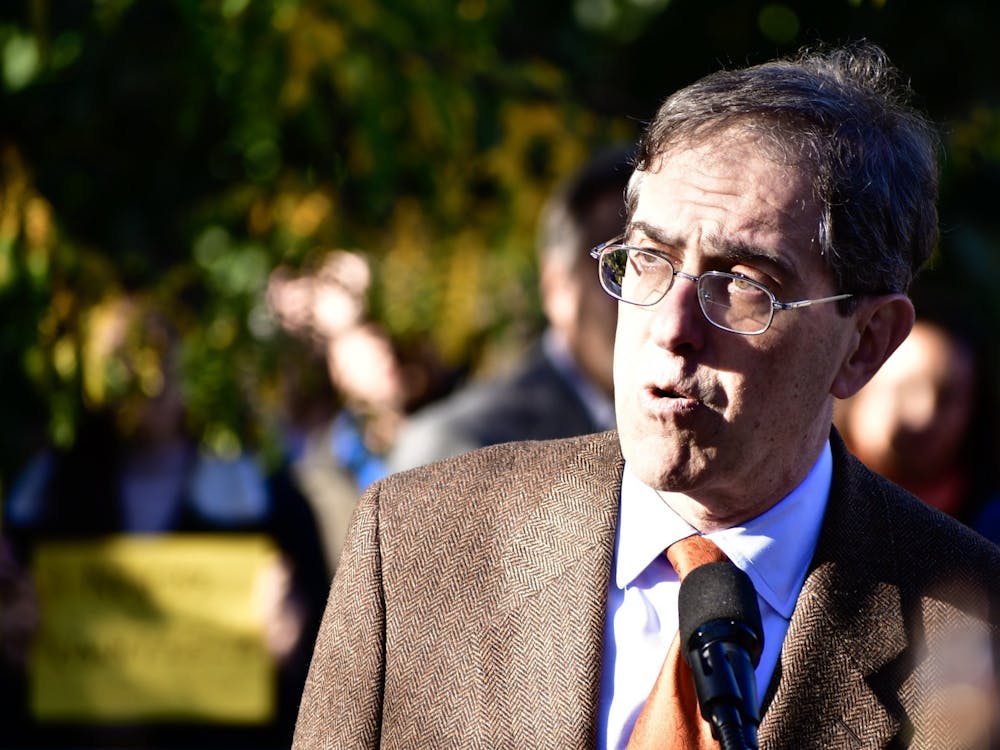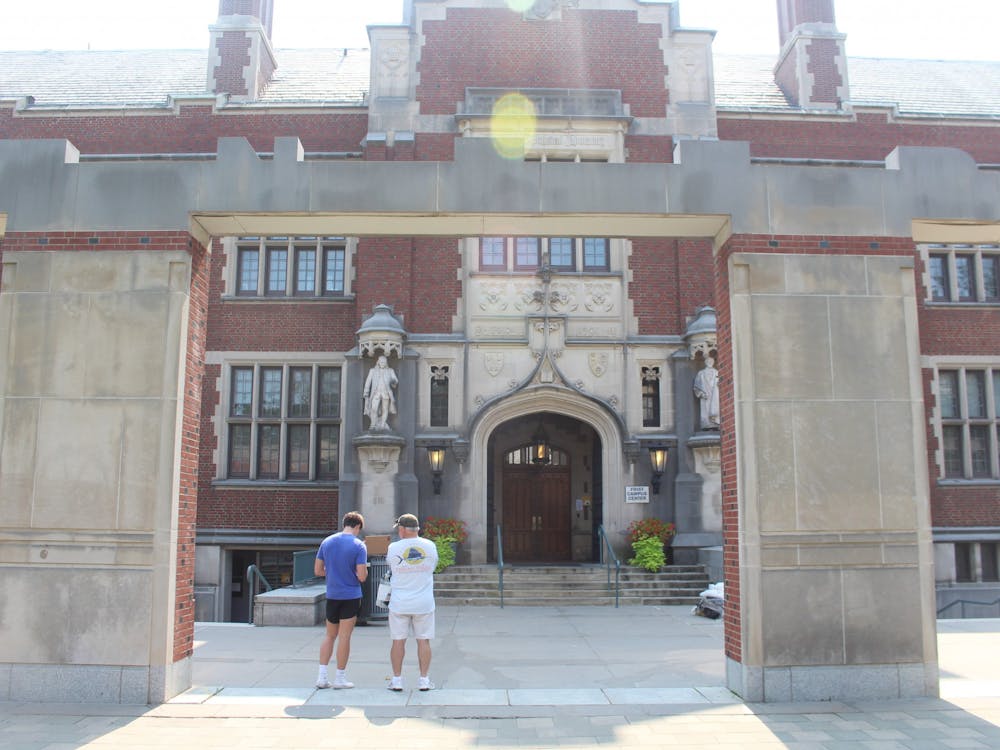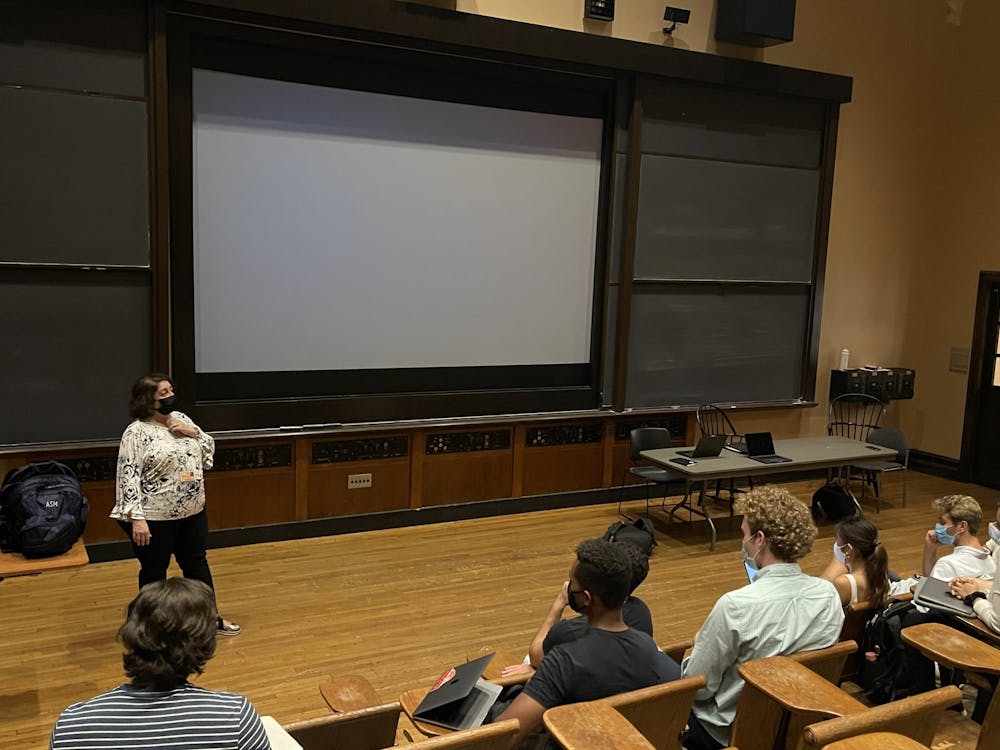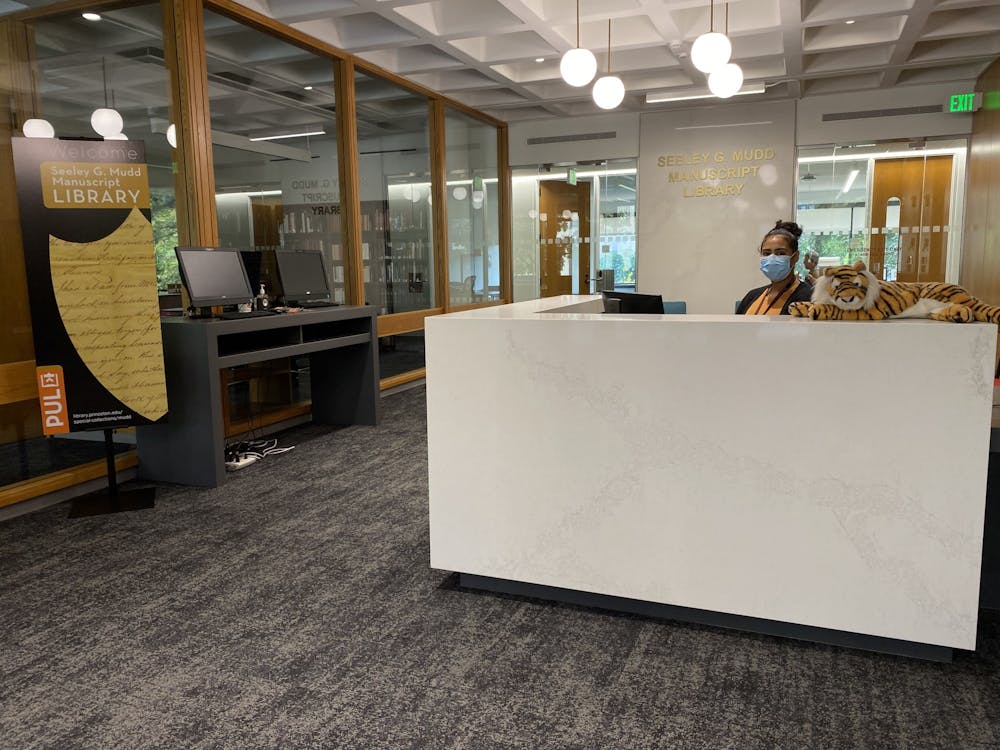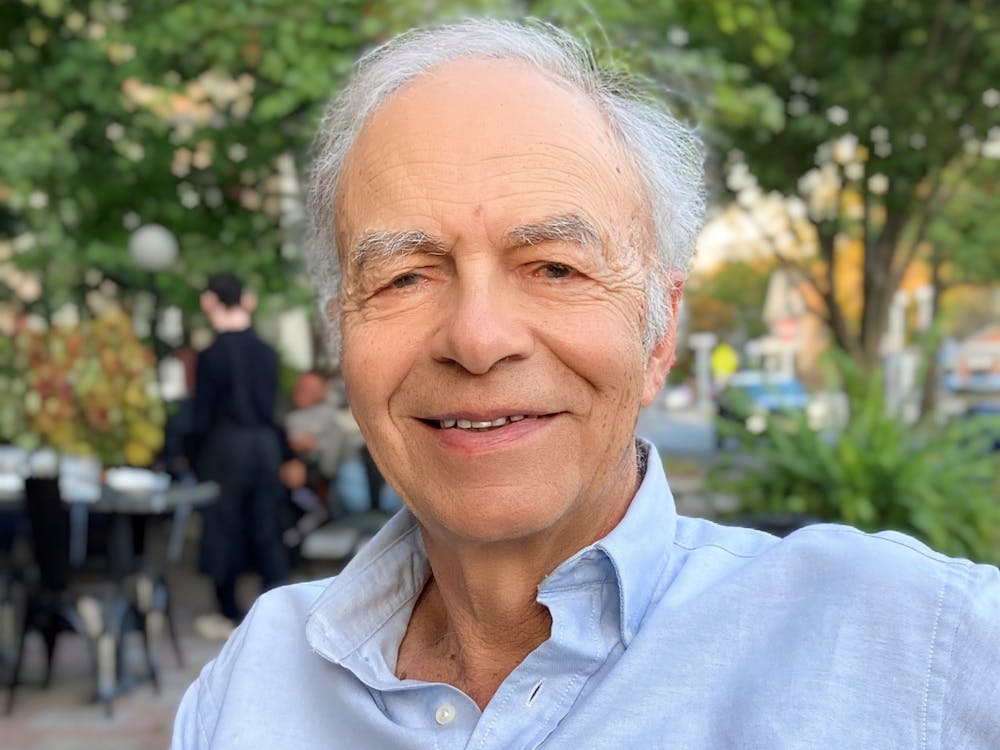Princeton continues push to net-zero campus emissions by 2046
Kalena BlakeAmidst the backdrop of the University’s sprawling construction projects, the University is transitioning its energy systems to achieve a net-zero carbon emission campus by 2046. University staff and industry experts weighed in on how the plans will impact campus life and the energy industry as a whole.
Amidst the backdrop of the University’s sprawling construction projects, the University is transitioning its energy systems to achieve a net-zero carbon emission campus by 2046. University staff and industry experts weighed in on how the plans will impact campus life and the energy industry as a whole.






